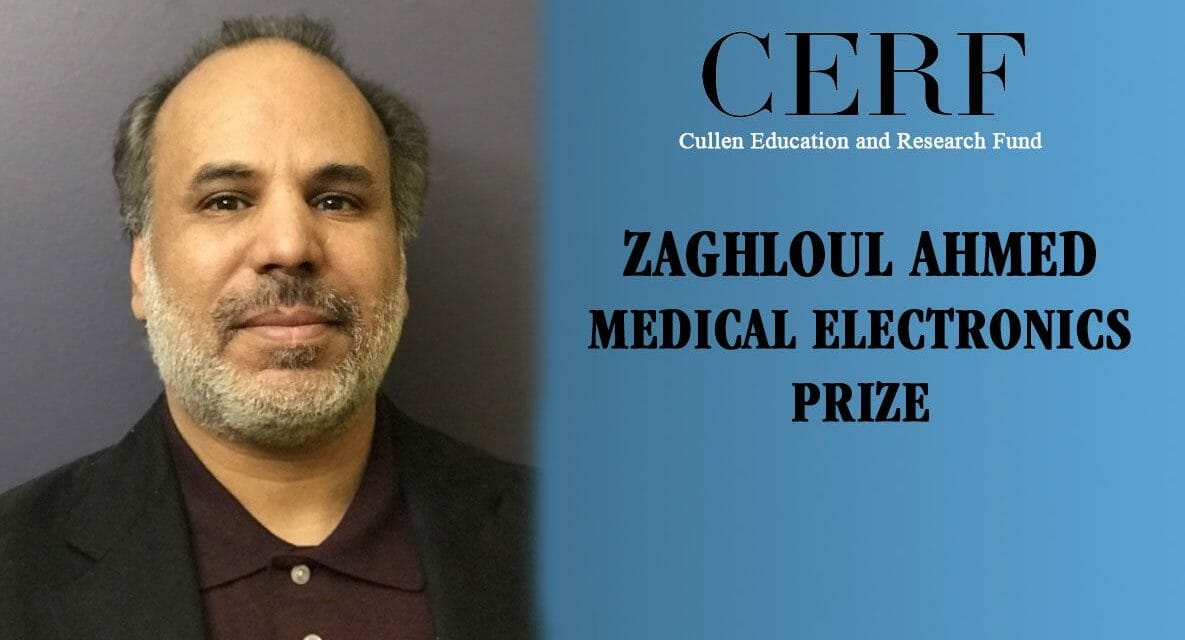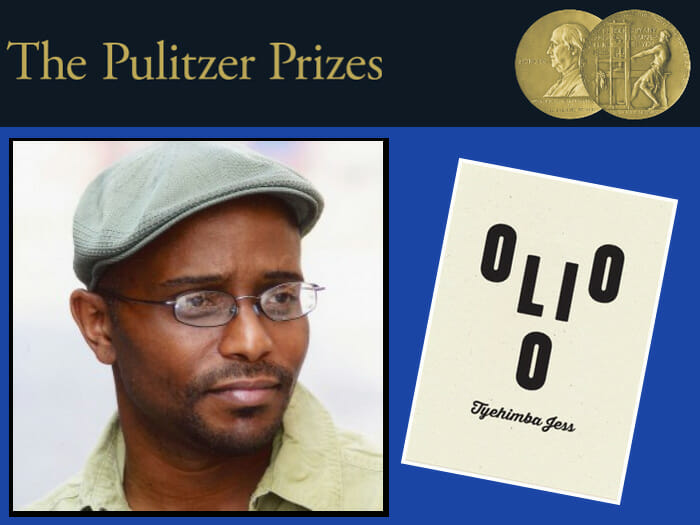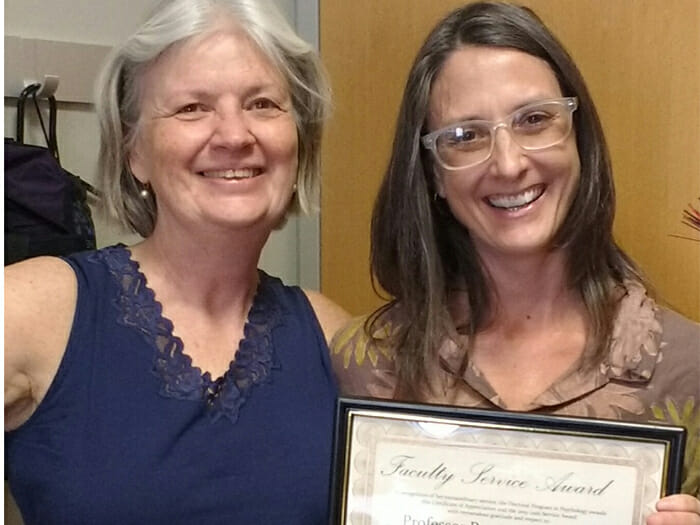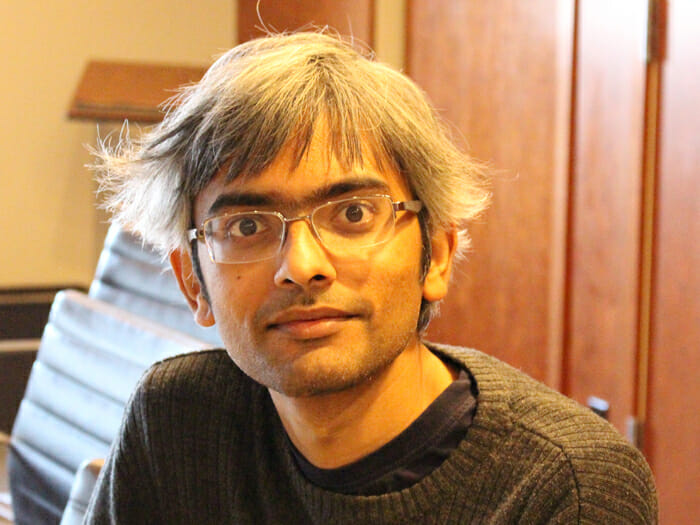Dr. Zaghloul Ahmed, Professor of Neuroscience and Motor Control and the Chair of the Physical Therapy Department at the College of Staten Island, and his company PathMaker Neurosystems Inc. (“PathMaker”), a near-commercial-stage neuromodulation company developing breakthrough non-invasive systems for the treatment of serious neurological disorders, have been awarded a CERF Medical Electronics Prize from the Cullen Education and Research Fund (CERF), a private philanthropic organization based in London, UK. The Prize was created by CERF to support novel therapeutic solutions that can improve the living conditions or represent a cure for people with amyotrophic lateral sclerosis (ALS, also known as Lou Gehrig’s Disease).
Selection for this award from among many international submissions was made by a distinguished panel of some of the world’s leading ALS specialists together with CERF’s executive leadership. The $250,000 award will be shared with Dr. Ahmed’s laboratory, where the pioneering pre-clinical studies took place.
Commenting on the award, Dr. Ahmed said, “The award is a demonstration of the excellent and significant research that has been taking place in our laboratory at the College of Staten Island. Of course, it feels great to have this international recognition from an organization focused on practically addressing the huge unmet need in ALS. I believe that the potential clinical value of our approach is the reason why our technology is being considered by such organizations. I am very proud of our achievement and thankful to my research team.”
Regarding his research, Dr. Ahmed stated, “Three years ago, in 2019, we discovered that a certain configuration of electrical stimulation, which we named multi-path trans-spinal direct current stimulation, applied to the spinal cord could activate a protective cellular response, specifically the activation of the heat shock proteins and clearance of harmful protein aggregates. We then soon realized that this can be beneficial in treating neurodegenerative diseases such as ALS, in which motor neurons (cells that control muscle movements) die due to the accumulation of harmful proteins. To test this, we conducted studies using transgenic animal models of ALS. The preliminary results show that indeed the stimulation reduces harmful proteins and, more importantly, led to significantly longer survival time (lived longer) in the treated group of animals compared to controls. If successful, this could translate into to slowing of disease progression and increased longevity in people with ALS.” Dr. Ahmed also noted that students from CSI and The Graduate Center, CUNY took part in the pre-clinical animal studies.
“We are tremendously honored to be recognized by CERF for our work and innovation in the treatment of ALS,” said Nader Yaghoubi, MD, PhD, President and Chief Executive Officer of PathMaker. “The therapeutic options currently available for those suffering from ALS are very limited. Based on groundbreaking work by Dr. Zaghloul Ahmed’s research group at CUNY/CSI, we believe our non-pharmacological and non-invasive approach represents a potential new modality for addressing motor neuron disease.”

















